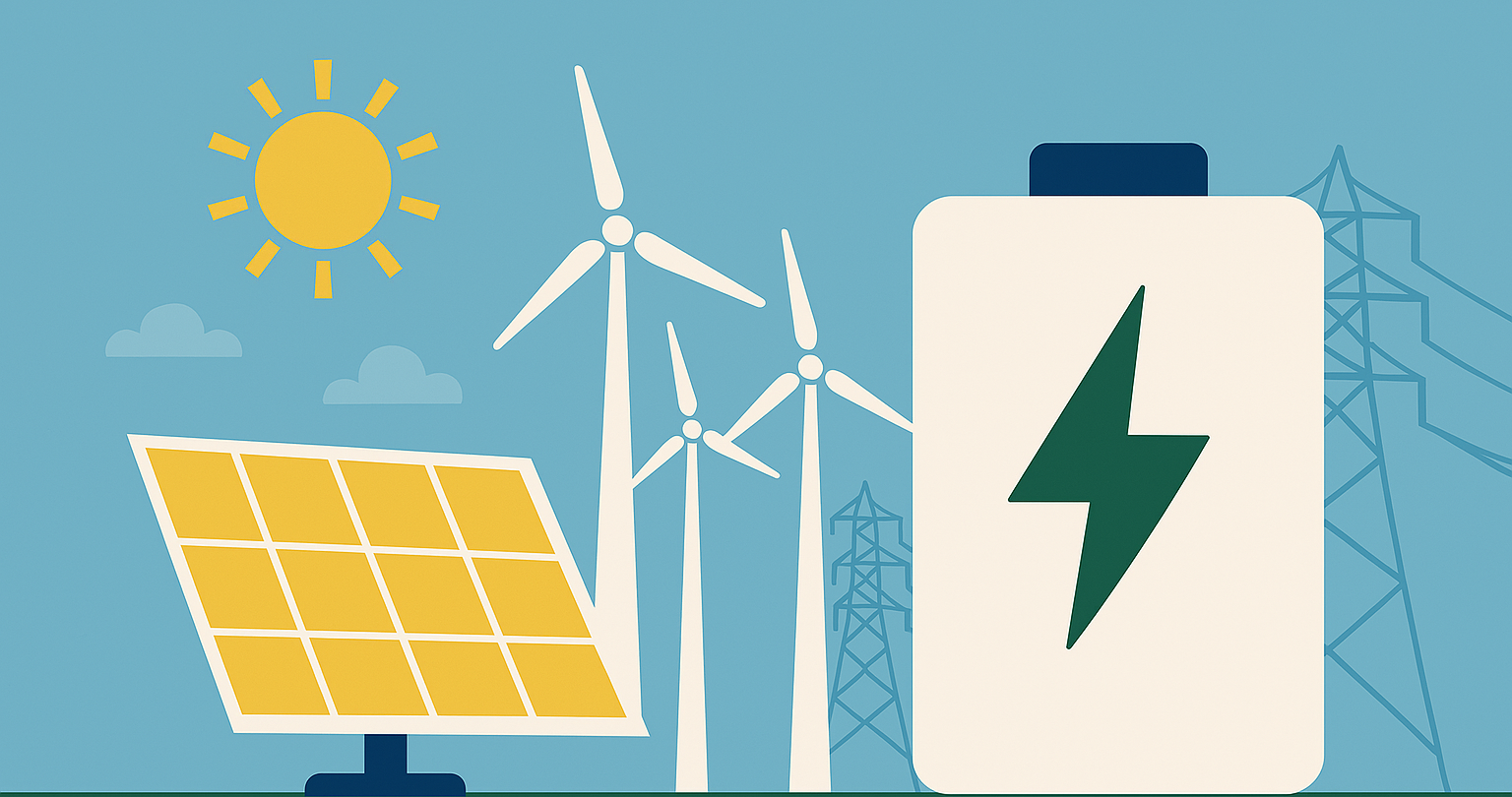At a public hearing held by the Chamber of Deputies’ Mines and Energy Committee, Daniel Danna, Director of the National Electric Energy Agency (ANEEL), stated that the regulatory authority intends to introduce the country’s first regulatory framework for energy storage this year. These initial standards will cover grid access and usage, as well as revenue mechanisms for energy storage, including revenue stacking models.
Danna stated that, at this stage, the regulatory impact analysis and the proposed normative resolution have been completed, and approval is scheduled for the second half of this year. The framework will also address future scenarios such as grid capacity auctions and isolated-system auctions.
Following approval of the results of Public Consultation No. 39 (CP 39), the second round of discussions will focus on the regulatory treatment of “reversible” power plants, criteria for recognizing storage facilities as transmission and distribution system assets, and the regulatory framework for storage systems used to mitigate curtailment and power rationing. A planned third round of discussions will focus on the “storage-as-a-service” aggregator and system operation simulation studies, with all discussions expected to conclude by 2028.
It is understood that CP 39 (Consulta Pública nº 39/2022) was a special public consultation document launched by ANEEL in 2022 concerning the regulatory framework for energy storage systems.
At the hearing, Danna specifically pointed out the impact of budget cuts at the regulatory agency on the progress of discussions regarding energy storage rules.
The hearing also focused on the growing demand for energy storage driven by the surge in renewable energy such as solar PV and wind power. The rapid increase in these sources has outpaced electricity demand and transmission capacity, resulting in widespread curtailment and posing operational challenges for the National Electric System Operator (ONS), particularly the mismatch between midday solar generation peaks and nighttime demand peaks. Brazil’s 103 GW of hydropower installed capacity—accounting for more than half of the country’s energy mix—struggles to adapt to the rapid fluctuations in renewable output and grid load.
Christiany Salgado Faria, Director of Planning and Grants for Electric Power Generation at the Ministry of Mines and Energy (MME), emphasized that the Plano Decenal de Expansão de Energia 2034 projects the need for an additional 5.5 GW of peaking capacity by 2028 to meet system needs. By 2034, this figure is expected to exceed 35 GW.
Between 2024 and 2034, the share of hydropower in Brazil’s energy mix is projected to fall by 10 percentage points to 36%. The share of renewable energy will continue to rise, with distributed clean energy (mainly PV) increasing from 13% to 18%, and centralized solar and wind power rising from 21% to 24%.
Salgado Faria stated that it is therefore necessary to advance the energy storage discussion to address the issue of system flexibility. Currently, public policy is focused on storage auctions, and the Ministry of Mines and Energy has launched a public consultation (CP 176/2024) on related guidelines, but the final plan is still under discussion.
According to the consultation document, energy storage auction contracts will have a ten-year term, starting on July 1, 2029. The projects must provide four hours of daily discharge service under ONS dispatch, and revenues will be adjusted based on the Índice Nacional de Preços ao Consumidor Amplo.
Rodrigo Sauaia, President of the Brazilian Association of Photovoltaic Solar Energy, expressed concern about the postponement of battery storage participation in capacity reserve auctions. He stated: “We recently saw a legal dispute that delayed the auction of thermoelectric and hydroelectric capacity reserves. And our concern is that the batteries not be left for later because we have seen some talk that the battery auction will only take place after the thermoelectric and hydroelectric auction. Why, if this technology is already mature and ready to be used?” Rodrigo Sauaia called for the immediate implementation of battery auctions. This would be a major milestone for Brazil during the year of the COP30 summit—holding the country’s first-ever battery auction and demonstrating Brazil’s commitment to applying this technology.


